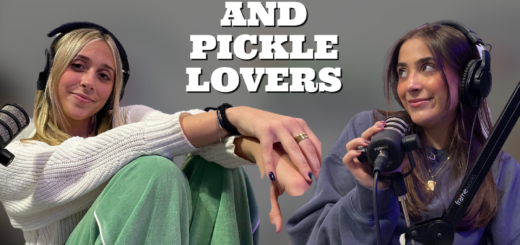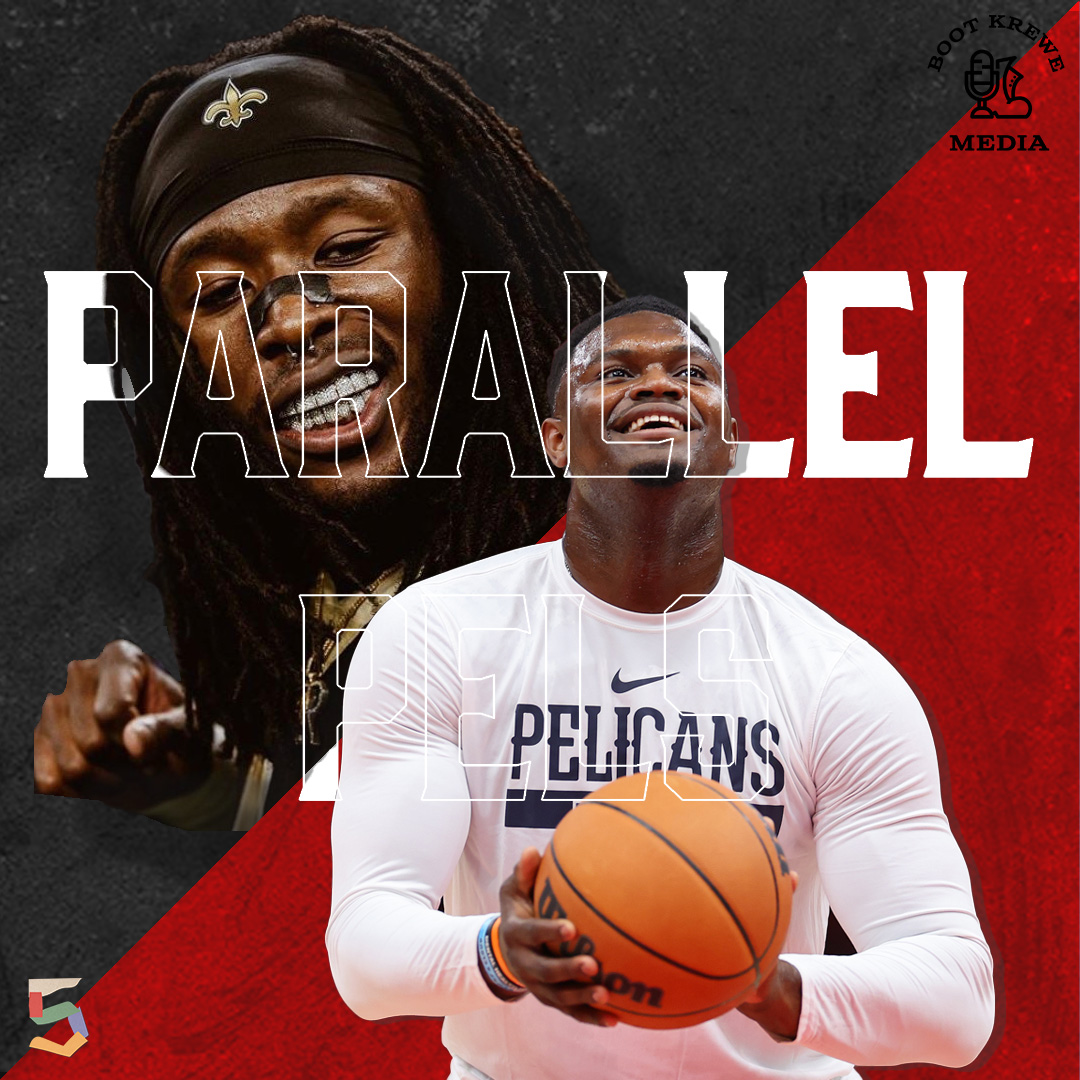Suicide Squeeze
Per my last article, baseball is an instrumental part of my life. Where, to the casual fan, baseball seems boring and lacks the constant feat of athleticism like football – basketball – or even soccer, but it definitely contains the strategical portion that sports possess.
One strategy in particular is known as the Suicide Squeeze. This play takes timing – precision – skill – and a little bit of luck. If a runner is on 3rd base and it is less than 2 outs, the batter may be told to lay down a bunt. The objective is to force the defense to throw the ball to first to allow the offensive runner on third to score. While bunting seems easy, but you have to factor in that 1) the other team knows that the batter wants to bunt 2) the batter needs to place it in an area where the defense throws the ball to first allowing the running from third to make it safely to home base 3) (oh yeah) the pitcher is throwing the ball around 90 mph and may possibly hit the batter in the face. Essentially, it is a sacrifice of an out for a point on the scoreboard.
Now, you may be asking yourself, Why is Jarrett writing about baseball? Sports are usually a proper depiction of our society. I believe that a suicidal squeeze has been placed on the people in cities all over America, more specifically in New Orleans. Have you ever thought about why do houses cost so much? In Clarke Perkins’ exert Gentrification as a Barrier to Housing Equity in New Orleans, she explains that “New Orleans is the second least affordable city to reside in the country with more than one-third of the city’s residents spending 50 percent (or more) of their income on rent.” This is a major issue that no one seems to be noticing.
If you’ve ever lived in an apartment, one of the first things the complex may have told you that to be approved for the apartment, you will need to make three times the rent. That is not by mistake. Status quo is that a renter is to make 3x the rent to be approved. This allows the lessor to understand the renter’s debt-to-income ratio. Other factors may be involved in the process, but this is the bulk of it. The lessor usually requires that the lessee provide previous check statements to verify.
Via realtor.com, one of the largest cites for the purchasing for homes in America, the price for a home in New Orleans as of February 2022 is $357,000. Per Perkins’ exert, she mentions that the median income for black families is $25,806 and $64,377 for whites. Although this gap in wages explain deeper issues than just housing, imagine trying to purchase a home anywhere in America while earning $25,806 a year, nevertheless New Orleans. It is utterly impossible.
We need to do the opposite. The cost of a home needs to be based upon the annual income of the people that reside in a particular area – not the other way around. This would slow the processes of gentrifiers and people that host Airbnbs. Also, it would allow the people of New Orleans to not spend over 50% of their income, when it should be only one-third. New Orleanians wouldn’t be forced to move to other cities to find a better life because they couldn’t afford a home in the neighborhood they grew up in.
The city of New Orleans has failed its people. It has allowed for its residence to become the sacrificial batter, when New Orleanians should be the one scoring. They have used the mostly black population as props while Sarah from Arkansas buys land in the 7th ward as it’s being gentrified. Culture isn’t a place. It is the people.







